Medical and Recreational Marijuana for Mental Health and Healthcare Professionals – David Aronson (Digital Seminar)
Description:
Marijuana has been legalized for medicinal or recreational use in a majority of states and the chances of you working with patients who use cannabis is higher than ever!
But you have more questions than answers…
- How does cannabis impact my patients’ physical and mental health?
- What potential drug interactions and side effects do I need to be aware of?
- How do I differentiate between medical, recreational and problematic use?
- Are there any legal or ethical issues I need to watch out for?
- How do I make sure I’m prepared to answer patients’ questions about cannabis?
Whether you’re a social worker, psychologist, nurse, counselor, physician or anyone working with patients in the healthcare or mental health fields, this seminar is exactly what you need to make sure you’re prepared to safely and effectively work with patients who use marijuana and cannabis products.
Stop searching Cannabis websites with questionable information and outdated research and get the training you need from a source you trust!
Purchase today!
Medical and Mental Health Conditions Treated with Marijuana and Cannabis
- Chronic pain
- Cancer
- PTSD
- Other medical and mental health conditions
Do Cannabinoids Help or Harm My Patient?
- Forms of ingestion
- How the drug functions in the body
- Differentiate between different cannabinoids
- Therapeutic benefits
- Studies on health and psychiatric effects
Medication Interactions You Need to Know
- Warfarin
- Theophylline
- Clobazam
- Valproate
Side Effects and Safety Risks of THC and CBD
- Respiratory and cardiovascular risks
- Immune system impacts
- Influences on cognitive functioning
- Reproductive effects
How to Differentiate between Medical, Recreational and Problematic Use
Legal and Ethical Considerations
- Differences in state programs
- Effects of individual state laws
- Recreational/adult use programs
- Mandated reporting
NLP online course
So what is NLP?
NLP stands for Neuro-Linguistic Programming. Neuro refers to your neurology;
Linguistic refers to language; programming refers to how that neural language functions.
In other words, learning NLP is like learning the language of your own mind!
NLP is the study of excellent communication–both with yourself, and with others.
It was developed by modeling excellent communicators and therapists who got results with their clients.
NLP is a set of tools and techniques, but it is so much more than that.
It is an attitude and a methodology of knowing how to achieve your goals and get results
Preview Information:
Original Page
Add more Author:
David Aronson LCSW, practices in an outpatient setting with Integrative Health Center of Maine where he specializes in helping those with chronic illnesses. In his work with the chronically ill, David was routinely asked questions about cannabis use which led him to research the subject in-depth so he could better understand the impacts of cannabis use on his patients’ and provide them with better information and answers.
Since 2017 he has trained thousands of healthcare and mental health professionals throughout the country about cannabis so they too can better understand the impacts of cannabis use on their patients’ mental and physical health and ensure they are up to date on the legal and ethical issues that might affect their work. David has also been invited to appear at the Ohio State University’s Addiction Studies Institute, the largest Midwest addiction studies conference.
David has been practicing psychotherapy since 2009 and is highly experienced in evaluation and level of care assessment. He earned his Master of Social Work degree from the University of New England.
More Course: NLP – HYPNOSIS – PHILOSOPHY
Outstanding Course:The Art Of Creating Change – Experiential Systemic Therapy


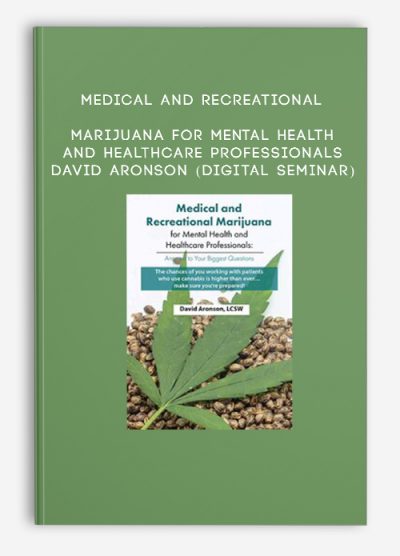
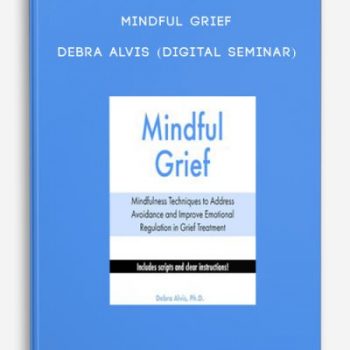
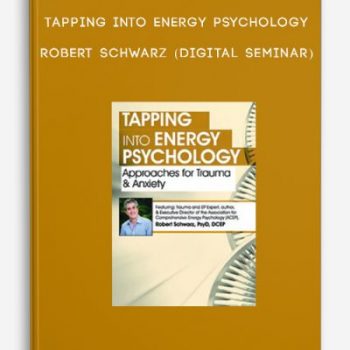
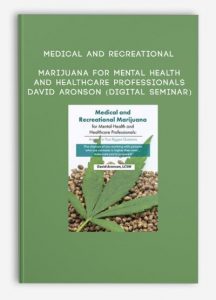
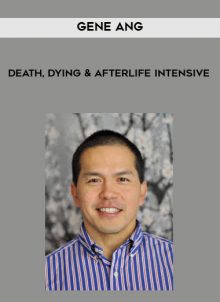


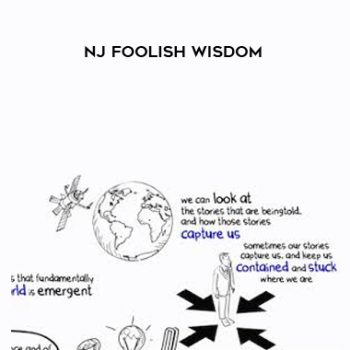
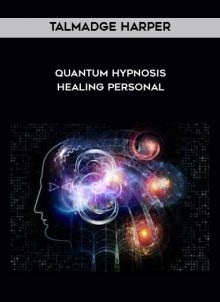

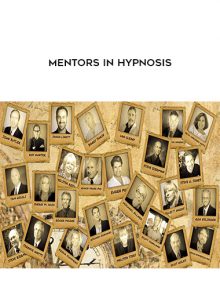
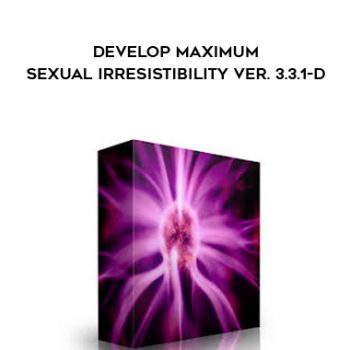
Lord –
This is Digital Download service, the course is available at Coursecui.com and Email download delivery.